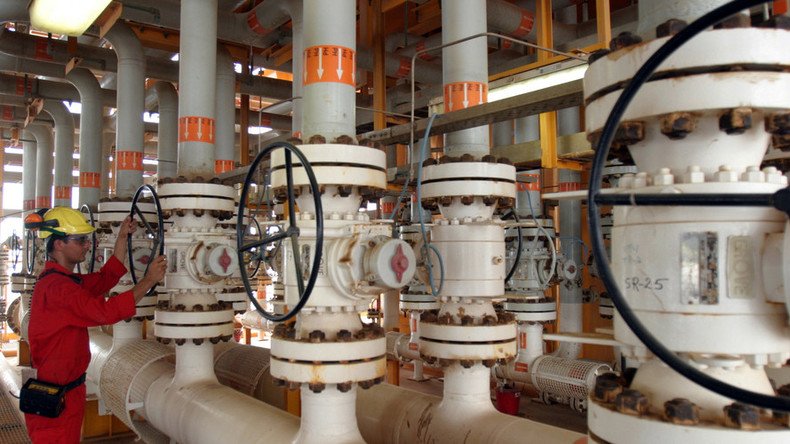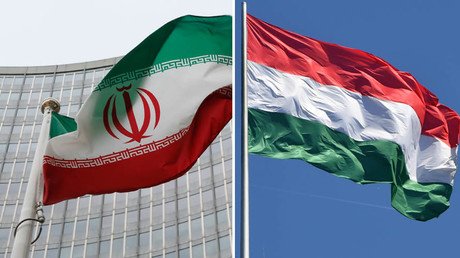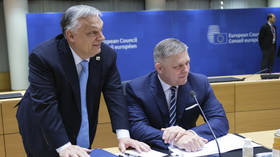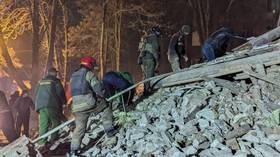First US firm to invest in Iranian oil since Islamic Revolution

A US-based filtration, separation, and purification solutions company Pall will invest in Iran’s oil industry, according to an Iranian official, quoted by local news agencies. The investment, if confirmed, would be the first by an American firm since 1979.
Pall will transfer technology and invest in starting a production line for oil equipment in Iran, said Neda Mousavizadehgan, a member of the Society of Iranian Petroleum Industry Equipment Manufacturers (SIPIEM), as quoted by the IRNA news agency.
According to her, it would cut costs by providing the equipment for Iran’s oil industry and would also enhance safety at petrochemical plants, which have seen a rise in hazardous technical failures recently.
Before sanctions were lifted in January 2016, vast amounts of money were overspent by Iran’s oil industry importing non-standard equipment, Mousavizadehgan stressed.
A spokesperson from Pall confirmed the company is interested in re-entering the Iranian market, IRNA reported.
The US Treasury Department imposed new sanctions on Iran in February, aimed at 13 individuals and as many companies over the country's ballistic missile test in the same month.
Iran and the six international mediators (the US, UK, France, Germany, Russia and China) signed a deal in July 2015 to settle the standoff over Iran's nuclear program.
Tehran agreed to cut the number of centrifuges by two-thirds, cap its uranium enrichment below the level needed for bomb-grade material, reduce its enriched uranium stockpile from around 10,000 kilograms to 300 for 15 years, and allow international inspectors access to its nuclear facilities. In return, Western countries agreed to lift nuclear-related international sanctions.













